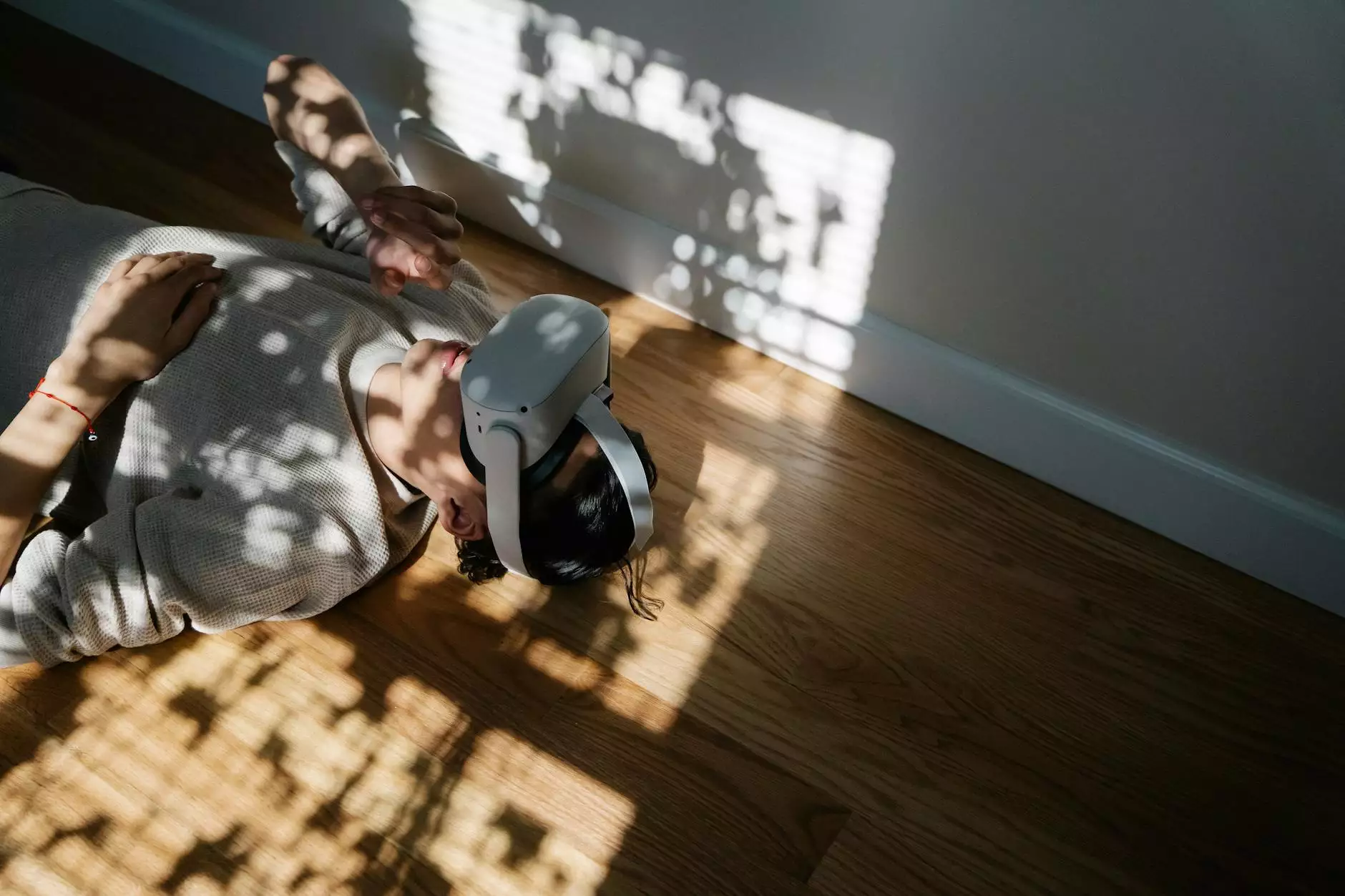Treatment for Insomnia in Adults: A Comprehensive Guide

Understanding Insomnia
Insomnia is a common sleep disorder that can affect anyone at any stage of life. People with insomnia often find it difficult to fall asleep, stay asleep, or wake up too early and not be able to go back to sleep. This condition can lead to a feeling of tiredness during the day, impacting overall wellness and daily functioning.
Adult insomnia can stem from a variety of factors including stress, emotional distress, medical conditions, and poor sleep hygiene. Understanding these factors is crucial for effective treatment.
The Impact of Insomnia
Chronic insomnia can have significant implications on both physical and mental health. Some of the primary effects include:
- Increased risk of chronic conditions: Insomnia can heighten the risk for diabetes, cardiovascular diseases, and obesity.
- Mental health issues: Conditions like anxiety and depression can either be a cause or a consequence of insomnia.
- Cognitive impairment: Lack of sleep can negatively affect memory, decision-making abilities, and concentration.
It is vital to address insomnia to prevent these complications and improve quality of life.
Types of Insomnia
Insomnia is categorized mainly into two types:
- Acute Insomnia: This short-term form of insomnia often occurs due to stress or changes in environment, such as traveling or major life events.
- Chronic Insomnia: Diagnosed when the symptoms persist at least three times a week for three months or more, chronic insomnia can be linked to underlying health issues or lifestyle habits.
Common Causes of Insomnia in Adults
Understanding the underlying triggers for insomnia can aid in finding the right treatment. Some common causes include:
- Stress: High levels of stress due to work, relationships, or health can disrupt sleep.
- Medical conditions: Conditions like asthma, arthritis, or chronic pain can make it difficult to sleep comfortably.
- Mental health disorders: Issues such as anxiety and depression are closely associated with sleep disturbances.
- Certain medications: Some prescriptions can interfere with sleep as a side effect.
- Substance abuse: Alcohol and drugs can significantly affect sleep patterns.
Effective Treatments for Insomnia in Adults
Treating insomnia involves a combination of lifestyle changes, behavioral therapies, and sometimes medication. Here we will explore each in detail.
Lifestyle Changes
Making simple changes to one's daily routine can greatly enhance sleep quality. Here are some effective lifestyle alterations to consider:
- Maintain a regular sleep schedule: Going to bed and waking up at the same time each day can help regulate your body's sleep-wake cycle.
- Create a bedtime routine: Relaxation techniques such as reading, meditating, or taking a warm bath can signal your body that it's time to wind down.
- Limit exposure to screens before bed: The blue light emitted from screens can hinder the production of melatonin, making it harder to fall asleep.
- Avoid heavy meals and stimulants: Large meals, caffeine, and nicotine should be avoided, particularly in the hours leading up to bedtime.
Behavioral Therapy
Cognitive Behavioral Therapy for Insomnia (CBT-I) is an effective treatment approach. It focuses on:
- Changing negative thoughts and behaviors surrounding sleep.
- Improving sleep hygiene through education and tailored strategies.
- Gradual exposure techniques to help reduce anxiety about sleeping.
Medication for Insomnia
In some cases, medication may be necessary to treat insomnia. It's essential to consult a healthcare provider before starting any medication. Common options include:
- Benzodiazepines: These are sedatives that can help instill sleep but are often recommended only for short-term use due to potential dependency.
- Non-benzodiazepine sleep medications: Drugs like Zolpidem and Eszopiclone may be prescribed as they usually have fewer side effects compared to benzodiazepines.
- Melatonin receptor agonists: Medications that mimic melatonin can help regulate sleep-wake cycles.
Alternative Therapies for Insomnia
Many individuals seek alternative treatments alongside more traditional approaches. Consider the following options:
- Herbal remedies: Natural supplements like valerian root, chamomile, and lavender are known for their calming effects.
- Acupuncture: Some people find relief from insomnia symptoms through acupuncture treatments that aim to restore balance in the body.
- Mindfulness and meditation: These practices can help reduce anxiety and promote relaxation, making it easier to fall asleep.
Conclusion
Finding an effective treatment for insomnia in adults often requires a combination of lifestyle changes, behavioral therapies, and possibly medication. Addressing the underlying causes and adopting healthy sleep habits can significantly improve sleep quality and overall health.
For those experiencing persistent insomnia, it is crucial to consult a healthcare provider for personalized advice and treatment options. Remember, good sleep is one of the cornerstones of a fulfilling and productive life.
For more information and resources on insomnia treatments, visit australian-pharmacy.net.









